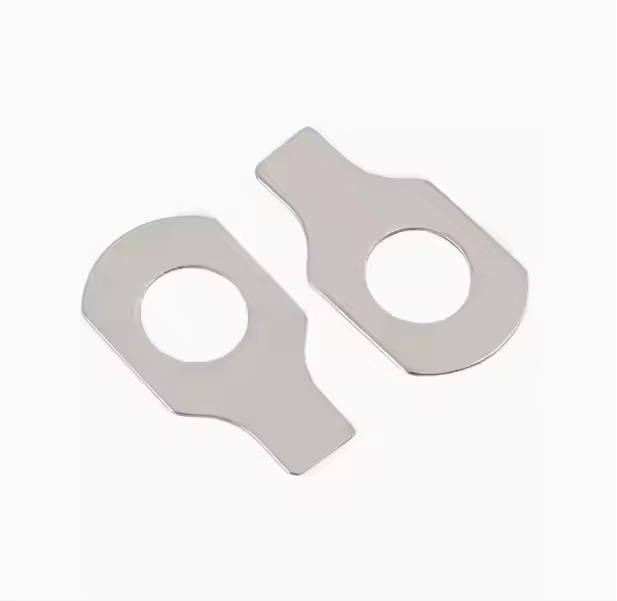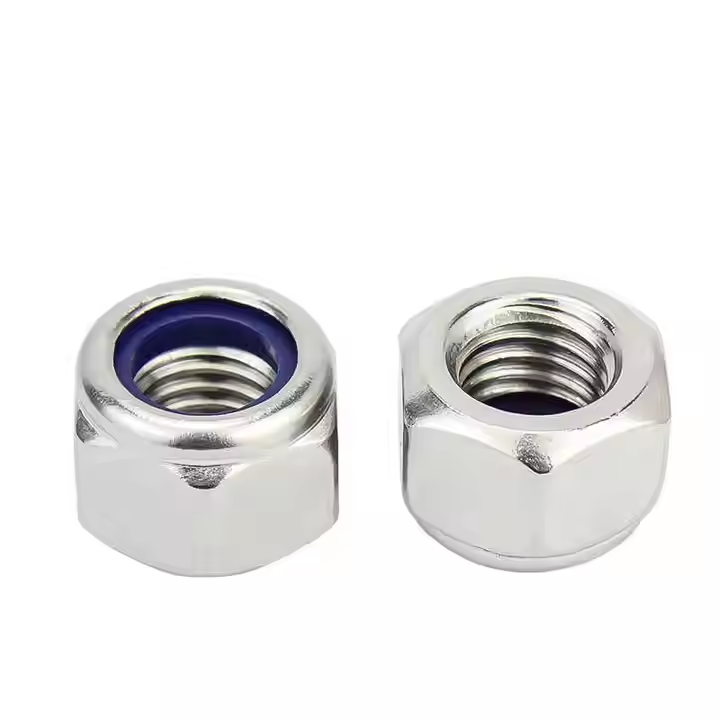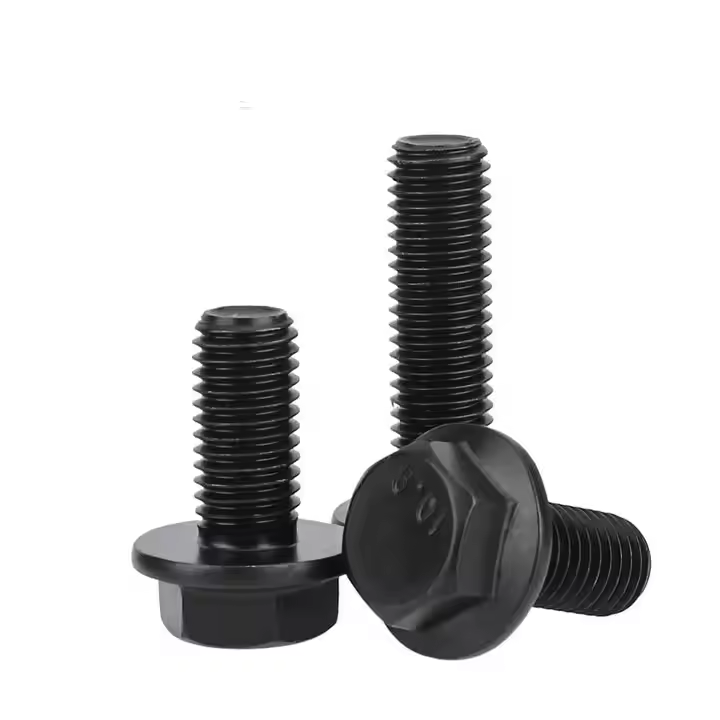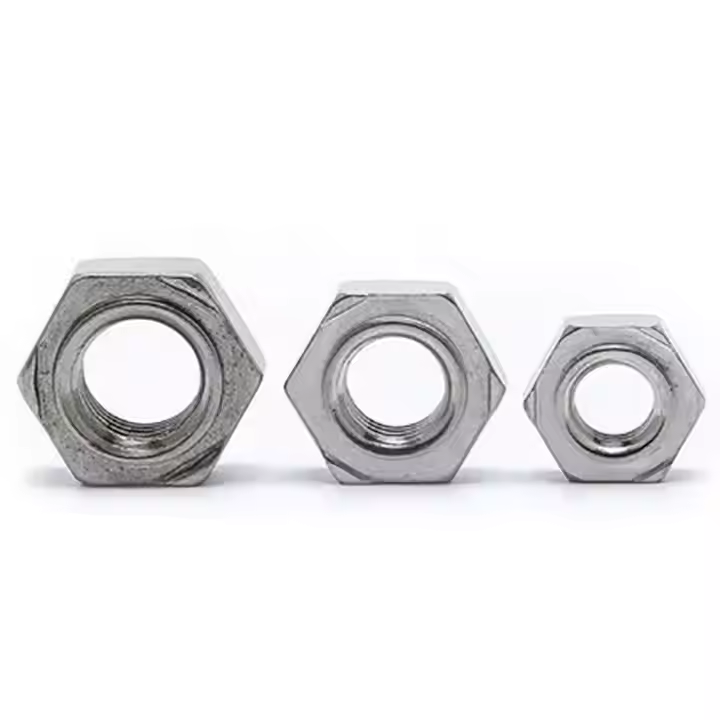

Screw nut bolt assemblies are fundamental components in countless applications, from everyday household items to complex machinery. This guide provides an in-depth look at different types of screws, nuts, and bolts, their materials, applications, and how to choose the right fastener for your project.Understanding Screw Nut Bolt BasicsWhat are Screws?Screws are fasteners that have a helical ridge, known as a thread, wrapped around a cylindrical or conical shaft. They are designed to be inserted into a material and, when turned, create a clamping force that holds objects together. Screws typically require a pre-tapped hole or will create their own.What are Nuts?Nuts are fasteners with a threaded hole that mates with a bolt. They are used to secure two or more parts together. The nut is turned onto the bolt to create clamping force.What are Bolts?Bolts are externally threaded fasteners designed to be inserted through holes in assembled parts and tightened by turning a nut. Unlike screws, bolts are not designed to create their own threads.Types of ScrewsMachine ScrewsMachine screws are designed to be threaded into pre-tapped holes. They come in various head types, such as flat, round, oval, and pan heads. They are commonly used in machinery, electronics, and appliances.Self-Tapping ScrewsSelf-tapping screws, also known as sheet metal screws, create their own threads as they are driven into a material. They are ideal for joining thin materials like sheet metal, plastic, and wood. Different types include Type A, Type AB, and Type B. For example, using the right screw nut bolt combination for sheet metal ensures a secure and lasting connection.Wood ScrewsWood screws have a tapered shank and coarse threads designed to grip wood effectively. They typically have a flat, round, or oval head. They are specifically designed for woodworking applications.Set ScrewsSet screws are headless screws used to secure an object within or against another object, typically by tightening the screw which causes the tip to push firmly against the inner object. They often use an internal wrenching drive (hex, torx, etc.).Types of NutsHex NutsHex nuts are the most common type of nut, featuring a six-sided shape. They are easy to tighten and loosen with standard wrenches or sockets. Hex nuts are widely used in various applications due to their versatility.Lock NutsLock nuts are designed to resist loosening due to vibration or torque. Types include nylon insert lock nuts (nylock nuts), prevailing torque lock nuts, and serrated flange nuts. These are often chosen when selecting a screw nut bolt combination for high-vibration environments.Wing NutsWing nuts have two 'wings' that allow them to be tightened and loosened by hand without tools. They are often used in applications where frequent adjustments are needed.Cap NutsCap nuts, also known as acorn nuts, have a dome-shaped top that covers the threads of the bolt. This provides a decorative finish and protects the threads from damage.Types of BoltsHex BoltsHex bolts are similar to hex nuts, having a six-sided head. They are used in a wide range of applications, including construction, automotive, and machinery. They are typically paired with hex nuts of the same size and thread pitch.Carriage BoltsCarriage bolts have a round head with a square shoulder that prevents them from turning once installed. They are commonly used in woodworking and fencing.Eye BoltsEye bolts have a circular ring at one end and are used for lifting and securing objects. They are available in various sizes and load capacities. Always ensure the eye bolt is correctly rated for the intended load.Flange BoltsFlange bolts have an integrated flange under the head that distributes the clamping load over a wider area. This eliminates the need for a separate washer in some applications.Materials Used in Screw Nut Bolt ManufacturingSteelSteel is a common material for screws, nuts, and bolts due to its strength and affordability. Carbon steel is suitable for general applications, while alloy steel provides higher strength and corrosion resistance.Stainless SteelStainless steel offers excellent corrosion resistance, making it ideal for outdoor and marine applications. Different grades of stainless steel, such as 304 and 316, provide varying levels of corrosion resistance. Hebei Muyi Import&Export Trading Co.,Ltd offers a variety of stainless steel fasteners suitable for corrosive environments.AluminumAluminum is lightweight and corrosion-resistant. It is often used in applications where weight is a concern, such as aerospace and automotive.BrassBrass is corrosion-resistant and has good electrical conductivity. It is often used in electrical applications and decorative hardware.Choosing the Right Screw Nut BoltConsider the ApplicationThe first step in choosing the right screw nut bolt is to consider the application. What materials are you joining? What loads will the fasteners be subjected to? What environmental conditions will they be exposed to?Determine the Size and LengthThe size and length of the screw nut bolt should be appropriate for the materials being joined and the desired clamping force. Use a fastener size chart to ensure you select the correct diameter and thread pitch.Select the Right MaterialThe material of the screw nut bolt should be compatible with the environment and the materials being joined. Consider factors such as corrosion resistance, strength, and temperature resistance.Choose the Appropriate Head TypeThe head type of the screw nut bolt should be chosen based on the desired appearance, clearance, and installation method. Common head types include flat, round, oval, and pan heads. The application might even require a countersunk screw nut bolt. Applications of Screw Nut BoltConstructionScrews, nuts, and bolts are widely used in construction for framing, roofing, and connecting structural members. High-strength bolts are used in steel structures to ensure secure connections.AutomotiveScrews, nuts, and bolts are essential components in automobiles, used in engines, chassis, and body panels. They must withstand vibration, heat, and corrosion.ManufacturingScrews, nuts, and bolts are used in the manufacturing of various products, from appliances to machinery. They provide reliable fastening in assembly lines.ElectronicsSmall screws, nuts, and bolts are used in electronics to secure components and enclosures. They must be precise and often require specialized tools for installation.Torque SpecificationsProper torque is essential for ensuring a secure and reliable connection. Overtightening can damage the fastener or the joined materials, while undertightening can lead to loosening. Always refer to the manufacturer's torque specifications for the specific screw nut bolt being used. Bolt Size Grade 5 Torque (Dry) Grade 8 Torque (Dry) 1/4' 6 ft-lbs 9 ft-lbs 5/16' 12 ft-lbs 19 ft-lbs 3/8' 22 ft-lbs 33 ft-lbs 7/16' 36 ft-lbs 55 ft-lbs *Note: These values are estimates. Always consult the fastener manufacturer's specifications.*ConclusionUnderstanding the different types, materials, and applications of screws, nuts, and bolts is crucial for ensuring secure and reliable connections. By considering the application, size, material, and torque specifications, you can choose the right screw nut bolt for your project. Whether it's for construction, automotive, or manufacturing, selecting the appropriate fasteners will contribute to the success and longevity of your project. For quality fasteners, consider exploring the offerings at Hebei Muyi Import&Export Trading Co.,Ltd.Sources: Bolt Depot













Please enter your email address and we will reply to your email.